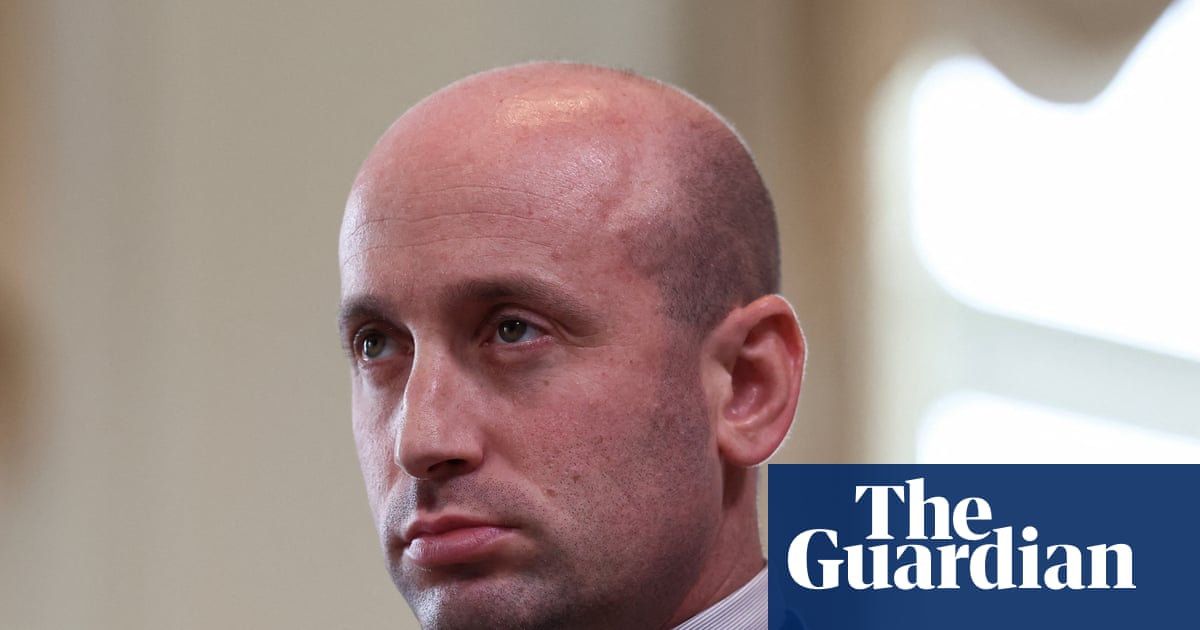Robert F Kennedy Jr’s health department is conducting a new review of mifepristone, the drug used in the majority of American abortions, claiming that a new study from a conservative thinktank has raised concerns about its safety.
Mifepristone, which was approved by the FDA 25 years ago this month, has repeatedly been proven safe and effective for use terminating pregnancies in both multiple medical trials and in widespread patient use over the past quarter of a century. The report cited by Kennedy, meanwhile, comes from the Ethics and Public Policy Center – a group that applies “the Jewish and Christian traditions” to modern law and pushes back “against the extreme progressive agenda while building a consensus for conservatives” – and was not peer reviewed. The study has been heavily criticized by medical experts for its methodology and lack of transparency regarding how it obtained and analyzed its data. The report appears to have dramatically inflated the rate of serious adverse health outcomes in patients who took mifepristone – in part by seemingly conflating the bleeding that occurs in the normal course of a medication abortion with hemorrhaging, and in part by relying on unclear terminology. The Ethics and Public Policy Center report classified “serious adverse events” as occurring in almost 11% of mifepristone patients. More reliable studies, subject to data transparency, peer review, and a more rigorously honest set of definitions, have found that such adverse health events happen in fewer than 0.5% of users. In a meta-analysis of more than 100 studies, the vast majority found that more than 99% of people who use mifepristone have no serious complications.
Mifepristone is safe. But why let the facts get in the way of the Trump administration’s political agenda? The review of mifepristone marks the second time in less than a week that the Trump administration has marshalled false medical claims and junk science in an effort to constrain the freedoms of pregnant women and curtail their access to relief. On Monday, in a bizarre, rambling and frequently nonsensical press conference, the president appeared alongside Kennedy Jr to claim, falsely, that Tylenol use during pregnancy can cause autism in the resulting children, and to instruct pregnant women to avoid the painkiller and instead “tough it out”.
The Trump administration has long been under pressure from the anti-abortion movement – which, not satisfied by the end of Roe v Wade (in a decision delivered to them by Trump’s appointees, hand-selected for the purpose), has continually pushed the administration to further limit access to abortion. Donald Trump has seemed unwilling to directly attack abortion, appearing to think that the issue is a political loser for him. But his administration has already curtailed access nationwide. His massive domestic spending bill included a provision barring most abortion providers from receiving Medicaid reimbursements for any services they provide – abortion related or not – for a year, a move that makes it dramatically more expensive for clinics to offer abortion services. As a result, clinics are already shutting their doors in Democratically-controlled states like California. In Wisconsin, where the battle for abortion legalization led to a fantastically expensive state supreme court race and massive voter mobilization, the state Planned Parenthood affiliate made the decision to stop providing abortions in order to retain access to the Medicaid funding they need to stay open – even though that enormous political effort succeeded in re-legalizing abortion in the state.
But that’s not enough for the anti-choice right. Three Republican-controlled states – Missouri, Idaho and Kansas – are suing the FDA, seeking to reverse changes to mifepristone regulations that allowed the drug to be prescribed via telemedicine and sent through the mail, and to restore other restrictions on the drug. Texas, Florida and Louisiana are seeking to join and expand that lawsuit to further restrict mifepristone. The new regulations, which have been endorsed by leading health experts, have made mifepristone dramatically more accessible in the years since the Dobbs decision, as women living in states that ban abortion seek out ways to have the medication prescribed and mailed to them by physicians abroad or in Democratically controlled states.
Kennedy’s move against mifepristone could restrict access even further. Compared with surgery, the pill is a more accessible, safer and less resource-intensive way for clinics to provide abortions. It does not require a surgical room or very much of a provider’s time; patients can take the pills and have their abortions in the comfort and privacy of their own homes. Getting rid of the abortion pill, or making it harder to access, would put even more strain on abortion providers who are already having a difficult time keeping their heads above water.
Even more tragically, the move could be devastating for women’s health and lives. In the pre-Roe era, when abortion was illegal and mifepristone had not yet been invented, many women in need of abortions sought out surgical procedures on the black market. But surgery is much riskier than taking a pill, and many of these women experienced injuries and infections that killed or permanently maimed them. There is exactly one reason why the US has not yet seen a return to those bad old days of unsafe surgical abortions and mass female death: that reason is mifepristone. The drug saves women’s dreams and dignity by allowing them to control their own reproduction; it saves their lives by allowing them to avoid a dangerous surgery in an illegal market. Even in liberal states, abortion has become much harder to access than it was before Dobbs; that alone is an injury to women’s citizenship and status. With mifepristone under threat, it looks like the Trump administration is threatening their lives, too.
after newsletter promotion
-
Moira Donegan is a Guardian US columnist

 German (DE)
German (DE)  English (US)
English (US)  Spanish (ES)
Spanish (ES)  French (FR)
French (FR)  Hindi (IN)
Hindi (IN)  Italian (IT)
Italian (IT)  Russian (RU)
Russian (RU)  2 hours ago
2 hours ago
























Comments